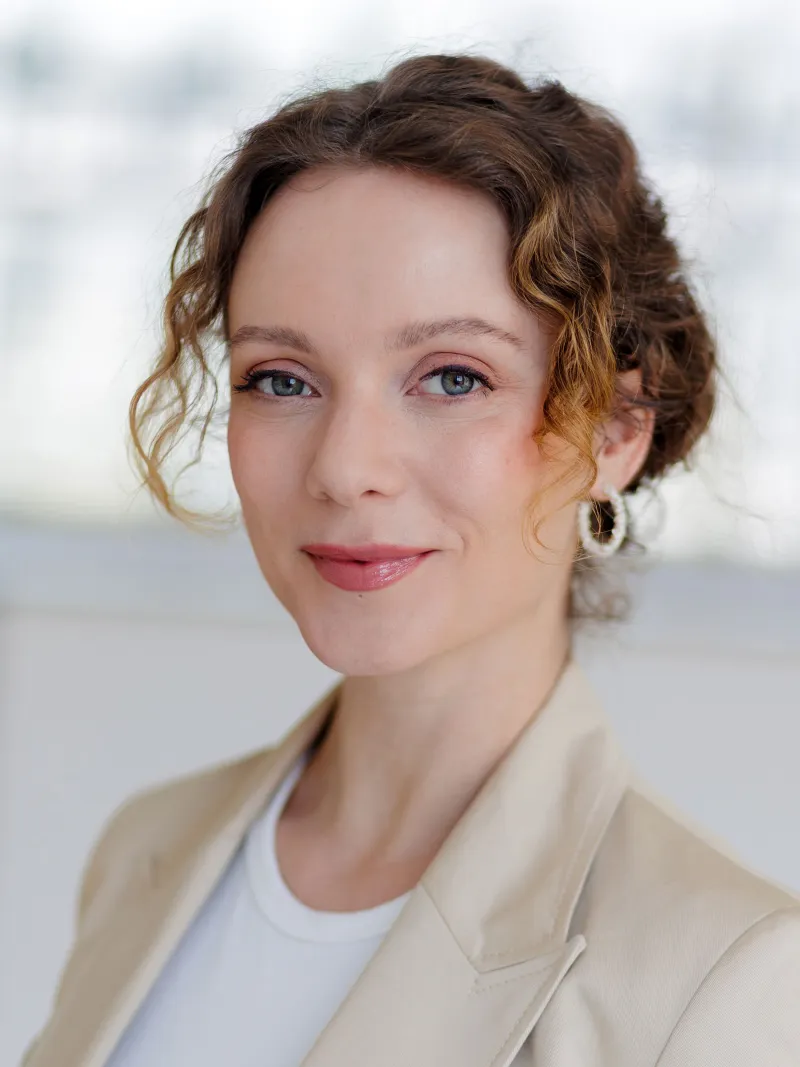Ethics Committee of the University of Applied Sciences Potsdam

The Ethics Committee provides help and advice to scientists at the FH Potsdam with regard to ethical and legal aspects of their research and its consequences on humans and animals. It was established by the Senate in accordance with BbgHG (§ 64 para. 3) and works according to the regulations of the Ethics Committee of the FH Potsdam.
Info and services at a glance
Contributors
Other relevant topics
Task of the Ethics Committee at the University of Applied Sciences Potsdam
If necessary, the Ethics Committee examines the ethical justifiability of the objectives and procedures of research projects, e.g. the possible use for non-peaceful purposes, and checks whether all precautions have been taken to minimise risks or whether there is an appropriate balance between benefits and risks.
The following projects in particular are subject to the review:
- intervention studies, projects that involve physical and/or mental impairment and risks for the test subjects; research for which the informed consent of the persons to be examined cannot be obtained (e.g. very young children or where the intention of the measurement is concealed).
- projects involving significant safety-related risks to human dignity, life, health, freedom, property, the environment or peaceful coexistence. Risks exist in particular in research projects that are likely to generate knowledge, products or technologies that can be directly misused by third parties. The same applies if safety-relevant risks become apparent during the realisation of a research project.
- projects involving animals which require authorisation under the Animal Welfare Act and which may also give rise to ethical concerns.

Ethics and scientific integrity
Further details on the tasks and principles of the Ethics Committee of the University of Applied Sciences Potsdam are set out in the Ethics Committee Regulations.
The Ethics Committee is guided by the standards of scientific integrity; cf. for example
FAQ
Composition & Members
The Ethics Committee is made up of university members from all status groups and external experts. The term of office is four years, that of the students two years; currently until the 31st of January 2027 or 31st of January 2025.
Group of professors
Group of academic employees
Group of non-scientific employees
Group of students
- N. N.
External
- N. N.
Contact us
Please send your requests and/or applications to: ethik@fh-potsdam.de
Chairman
Deputy Chairwoman
Managing Director
Managing Director
Dates
Weitere TermineRepresentatives for related topics
Naturally, in many cases it is not possible to draw a clear line between this and other areas that go beyond the fields of activity mentioned above. In most cases, the topics discussed are directly related to each other and a decision from an ethical perspective is only possible if they are considered in relation to each other. However, if the focus is clearly on the following topics, we refer to the following responsible persons or authorised representatives and experts at the university of applied sciences. In this case, contact is not made by the Ethics Committee, but must be made by the applicants themselves. If the enquiry also falls within the remit of the Ethics Committee, the respective expert will be consulted by the Ethics Committee.
-
Anti-discrimination
Prof Dr Franziska Geib is the anti-discrimination officer at the University of Applied Sciences Potsdam.
-
Anti-corruption
Rainald Wurzer is the Anti-Corruption Officer at the University of Applied Sciences Potsdam.
-
Data protection
Sven Hirsch is the data protection officer at the University of Applied Sciences Potsdam.
-
Equality
Sandra Cartes is the central Equal Opportunities Officer at the University of Applied Sciences Potsdam.
-
Whistleblower protection
Rainald Wurzer is the internal whistleblower protection officer at the University of Applied Sciences Potsdam.
-
Artificial intelligence
We agree with the guidelines of the German Research Foundation and support the labelling of AI used in scientific work. The University of Applied Sciences Potsdam does not currently have a statement on the use of AI in scientific practice. However, there are informative contributions on the use of artificial intelligence in teaching.
-
Law / Copyright
Volker Bley is a university policy and legal advisor at the FH Potsdam.


